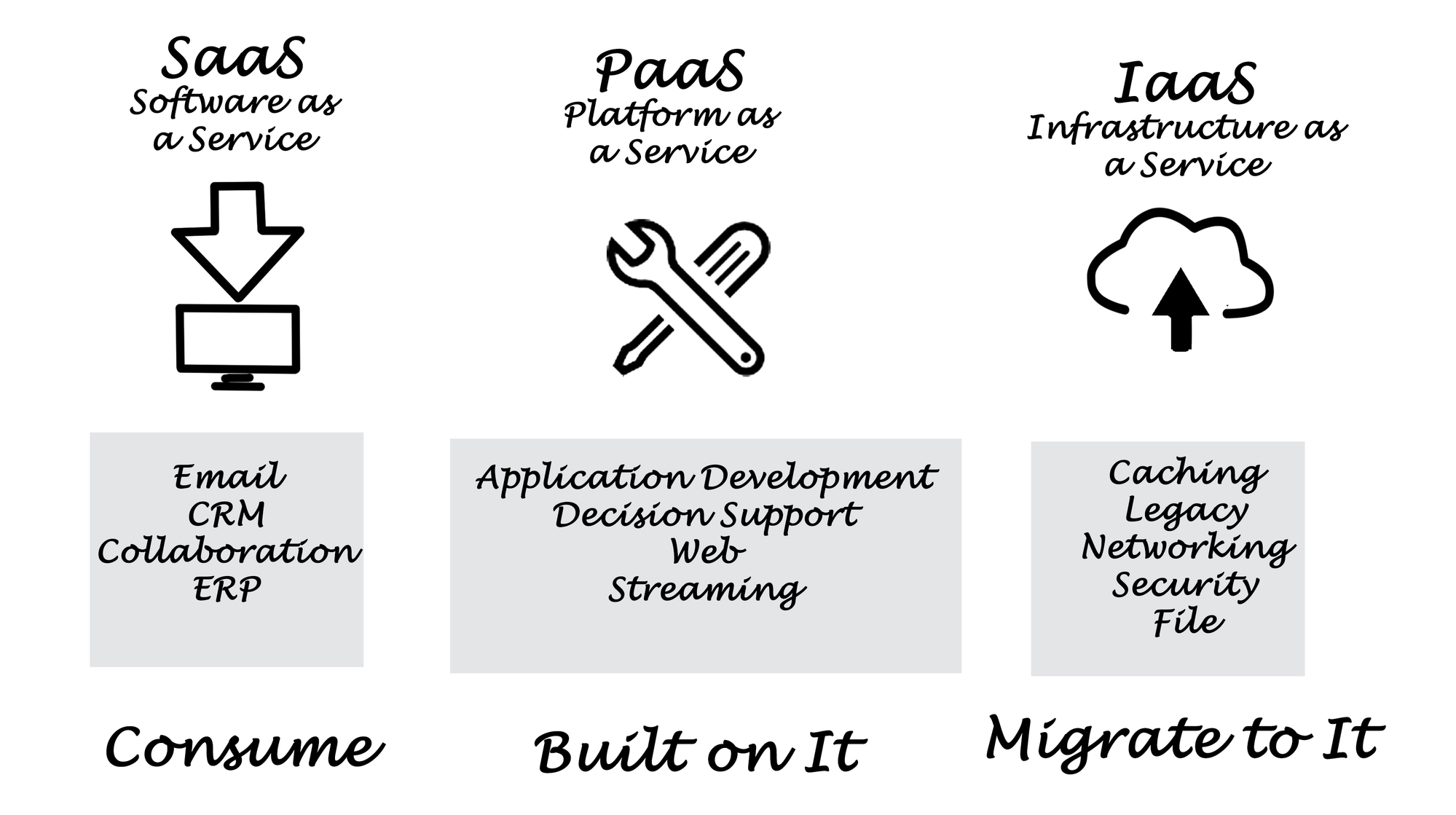Welcome to Mabstac, LLC | Anything Accounting
- Call us: (703) 828-2336
- Mail US : info@mabstac.com
- ADD US : Mabstac, LLC
- Call us: (703) 828-2336
- Mail US : info@mabstac.com
- ADD US : Mabstac, LLC

GASB issued recognition and measurement guidance Tuesday for governments that benefit from irrevocable split-interest agreements.
A typical irrevocable split-interest agreement provides benefits to at least two beneficiaries—a government (often a public college, university, or hospital) and another beneficiary designated by the donor. The donor transfers the related assets either to the government or to a separate third party, such as a bank.
Examples of these types of agreements include charitable lead trusts, charitable remainder trusts, and life interests in real estate.
GASB Statement No. 81, Irrevocable Split-Interest Agreements, describes when these types of arrangements constitute an asset for accounting and financial reporting purposes when the resources are administered by a third party. Statement No. 81 also provides expanded guidance for circumstances in which the government holds the assets.
Under the standard, a government that receives resources pursuant to an irrevocable split-interest agreement is required to recognize assets, liabilities, and deferred inflows of resources at the inception of the agreement.
In addition, the standard requires a government to recognize assets representing its beneficial interests in irrevocable split-interest agreements that are administered by a third party, if the government controls the present service capacity of the beneficial interests. Under the standard, a government is required to recognize revenue when the resources become applicable to the reporting period.
“The types of agreements addressed by Statement 81 can represent significant resources for certain public colleges, universities, and hospitals,” GASB Chairman David Vaudt said in a news release. “This guidance will lead to more consistent accounting for these agreements, which will allow users access to more comparable information about them.”
The standard takes effect for financial statements for reporting periods beginning after Dec. 15, 2016, and is required to be applied retroactively. GASB encourages earlier application.




